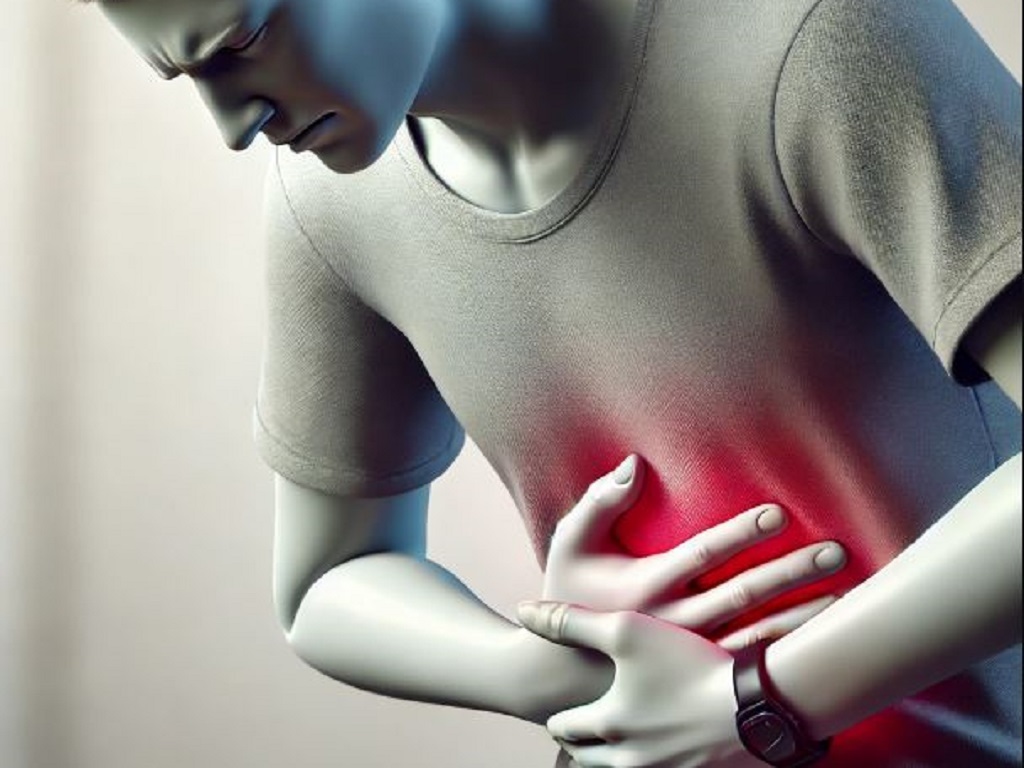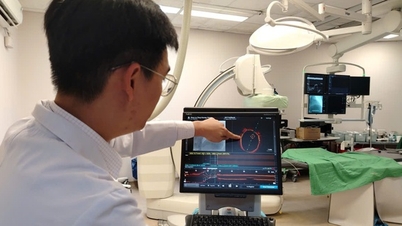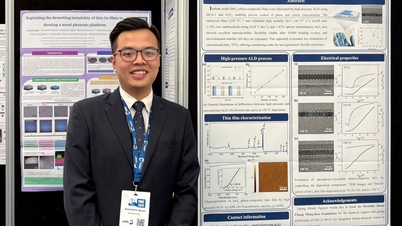Fatty liver can have a negative impact on your health. When too much fat builds up in the liver, it damages liver cells and triggers inflammation. Certain lifestyle changes can help prevent this condition.
The consequence of fatty liver is inflammation that leaves scars in the liver. Over time, the disease will progress to cirrhosis, even liver cancer, according to the health website Healthline (USA).

Hepatitis can cause pain in the upper right abdomen, right where the liver is located.
Warning signs of fatty liver that people need to pay attention to include:
Increased waist circumference
A large belly is a common sign of fatty liver. This condition occurs when too much fat accumulates in the liver. People with a body mass index over 27 are at high risk of fatty liver. People who gain weight and accumulate fat in the abdomen are also more likely to develop the disease than people who accumulate fat in the hips or shoulders.
Constantly tired
Feeling tired and lethargic for a long time can be a sign of liver problems. This is usually due to non-alcoholic fatty liver disease.
Pain in the upper right abdomen
The liver is a large organ located in the upper right abdomen. Therefore, persistent pain and discomfort in this area can be a warning sign of liver problems, including fatty liver.
Acne
Fatty liver does not cause acne. However, if the disease progresses to the stage of liver inflammation and impaired liver function, it can cause acne. The reason is that a damaged liver will not be able to effectively remove toxins from the body, leading to the accumulation of toxins and causing acne.
Additionally, the liver plays an important role in hormone regulation. When the liver is not functioning properly, hormones can become disrupted, increasing sebum production and causing acne.
Nausea, loss of appetite
When the liver does not perform its detoxification function well, toxins accumulate in the blood, causing nausea and decreased appetite. The liver also plays an important role in secreting bile to digest fat. When the liver is damaged, the digestive process is affected, leading to bloating, flatulence, nausea, and loss of appetite.
To treat fatty liver, patients need to adjust their diet, reduce harmful fats, and prioritize plants rich in fiber and antioxidants. Losing weight and controlling diabetes and blood pressure also help improve fatty liver effectively, according to Healthline.
Source: https://thanhnien.vn/5-bieu-hien-canh-bao-can-di-kham-gan-nhiem-mo-185250126213255163.htm




![[Photo] General Secretary To Lam receives the Director of the Academy of Public Administration and National Economy under the President of the Russian Federation](/_next/image?url=https%3A%2F%2Fvphoto.vietnam.vn%2Fthumb%2F1200x675%2Fvietnam%2Fresource%2FIMAGE%2F2025%2F12%2F08%2F1765200203892_a1-bnd-0933-4198-jpg.webp&w=3840&q=75)













































































































Comment (0)